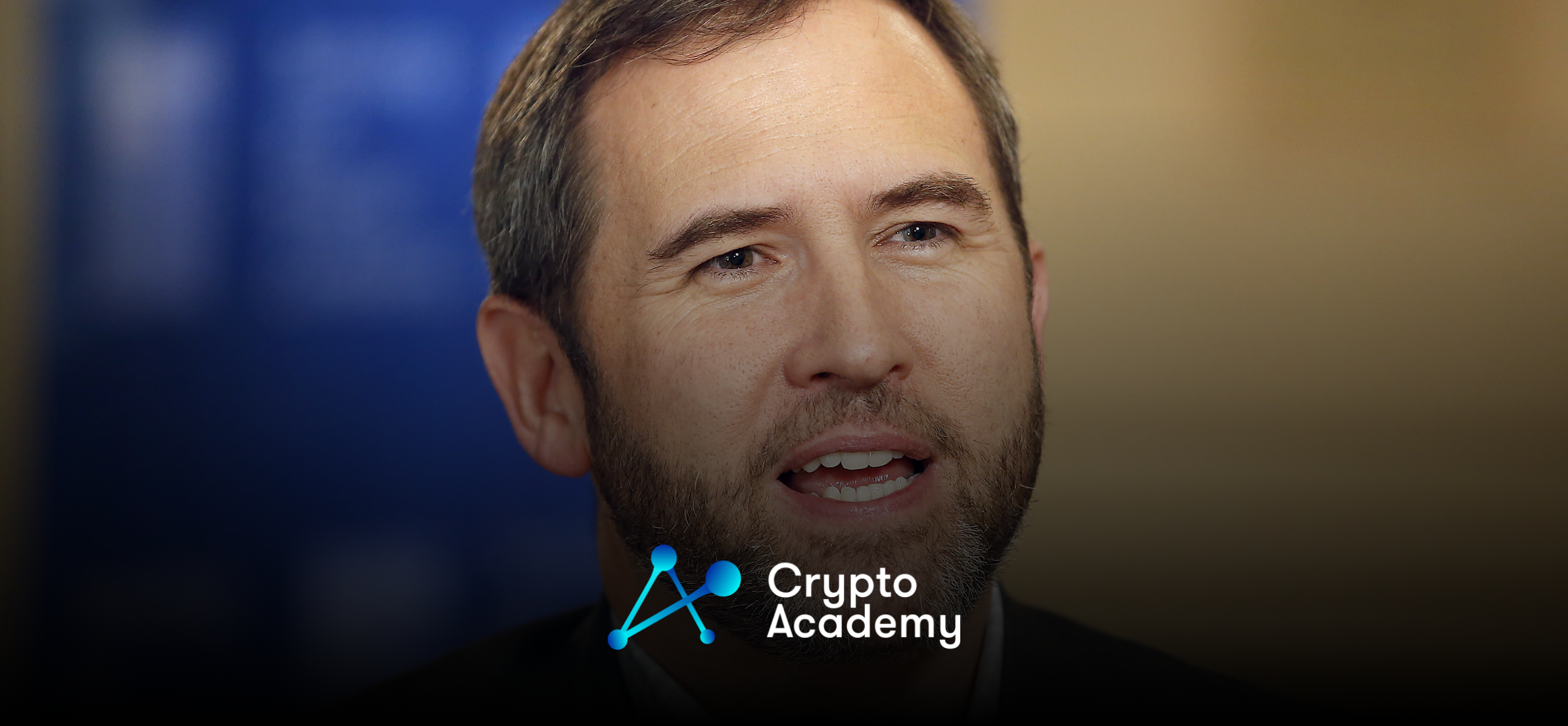Ripple CEO Advises Against US for Crypto Startups

CEO of Ripple warns against launching crypto startups in the US, citing unfavorable regulations and the industry’s unpreparedness for Bitcoin ETFs.
Ripple’s CEO, Brad Garlinghouse, identifies the United States as perhaps the least favorable country for launching a cryptocurrency startup. The ongoing legal tussle between Ripple and the U.S. Securities and Exchange Commission (SEC) underscores his sentiments. Meanwhile, countries such as Singapore, the U.K., the UAE, and Switzerland have adopted crypto-friendly policies, a direction Garlinghouse believes the U.S. should consider.
Garlinghouse suggests that the SEC is using lawsuits as a political tool against the crypto industry. However, he believes that the tide is turning in favor of crypto companies, citing Ripple and Grayscale’s victories over the SEC as evidence. While these court decisions aren’t binding, they offer more clarity to crypto entities operating in the U.S.
Even though the U.S. represents a significant market for Ripple, Garlinghouse emphasizes the company’s intention to expand its services to more crypto-friendly nations. These countries, according to him, have a better grasp of the vast potential that blockchain technology presents.
Blockchain Infrastructure: Is the Industry Ready?
During the same discussion at Token 2049, OKX president, Hong Fang, weighed in on the crypto industry’s preparedness. He feels that while the crypto sector continues to grow, it needs to prioritize building the right products and supporting sound regulations. Amid the politics and regulatory challenges, crypto companies should keep their focus on technological advancements.
A significant topic of debate was the readiness of the industry for a spot Bitcoin ETF. Fang remains skeptical about the infrastructure’s ability to handle such a massive inflow of institutional investments. He believes that while a Bitcoin ETF will undeniably lead to increased institutional interest, the industry’s current infrastructure might not be robust enough. Furthermore, the inherent volatility of Bitcoin might be more than what most investors are ready to handle.
Despite the concerns, Fang recognizes the potential of blockchain technology, describing it as a foundation for a new monetary system. But he maintains that the industry might not yet be equipped to manage the implications of a full-fledged adoption of such an ETF, especially in terms of custody.
As the crypto industry continues to evolve, it’s imperative for companies to align their strategies with global trends, focusing on technological advancements and regulatory clarity. The views shared by Garlinghouse and Fang shed light on the challenges and opportunities facing the crypto world, emphasizing the need for readiness and adaptability.

Comments are closed.